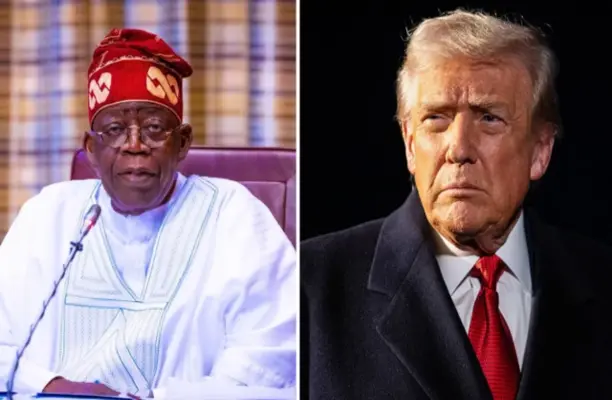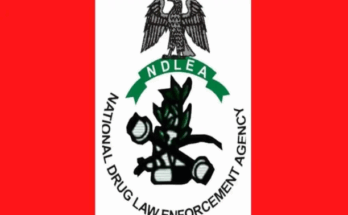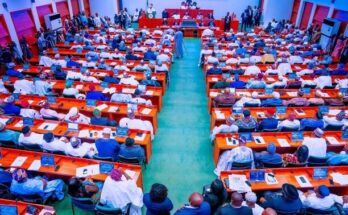By Bababunmi Agbebi
Edited by Sunkanmi Adewunmi
Mixed reactions have followed U.S. President Donald Trump’s recent threat to deploy American forces to Nigeria in response to what he described as the killing of Christians by Islamist groups. The remarks, made shortly after Washington designated Nigeria as a “Country of Particular Concern,” have ignited debate in both countries over sovereignty, religious freedom, and the limits of foreign intervention.
President Trump warned that if Nigeria fails to curb the violence, the United States might intervene “with guns blazing” to protect Christian communities. The statement coincided with directives to U.S. lawmakers, including Congressman Riley Moore and House Appropriations Chairman Tom Cole, to investigate reports of targeted religious killings in Africa’s most populous nation.
In Abuja, Nigerian President Bola Ahmed Tinubu rejected the U.S. characterization of Nigeria as religiously intolerant, insisting that such claims “do not reflect the nation’s reality.” Tinubu emphasized that religious freedom remains a cornerstone of Nigeria’s constitutional identity, and cautioned against narratives that could deepen sectarian divides.
The White House’s tone has drawn a sharp mix of responses across Nigeria. Some citizens view Washington’s stance as a potential catalyst for stronger global action against terrorism. Others, however, fear that any unilateral U.S. military operation could undermine Nigeria’s sovereignty and exacerbate instability, echoing concerns rooted in past foreign interventions across Africa and the Middle East.
Nigeria has long grappled with complex insurgencies, including Boko Haram and Islamic State West Africa Province (ISWAP), whose violence has affected both Christian and Muslim populations.
A meeting between Presidents Tinubu and Trump is expected in the coming days to address the escalating rhetoric and clarify positions on religious violence and counterterrorism cooperation. Diplomats say discussions are likely to focus on distinguishing between genuine religious persecution and broader security challenges, while reaffirming bilateral ties between the two nations.
As both governments prepare for talks, observers warn that balancing humanitarian concerns with respect for national sovereignty will be crucial. For Nigeria, the challenge lies in confronting violent extremism without inviting external overreach; for the United States, it is about promoting human rights without reigniting perceptions of neocolonial interventionism.
The unfolding exchange underscores how narratives around faith, security, and foreign policy continue to intersect and how global responses to terrorism in Africa remain fraught with both moral urgency and geopolitical tension.








